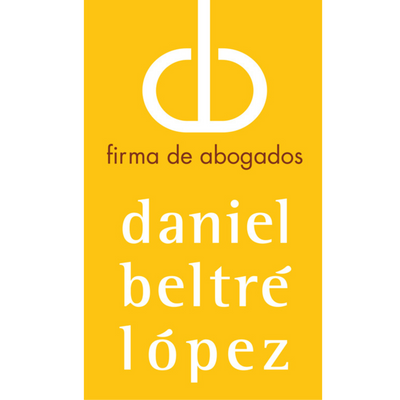At the beginning of April, the Constitutional Court of the Dominican Republic declared Article 44, paragraph 6 of the Law on Political Parties, Political Groups and Movements inapplicable, as contrary to the Constitution. This law provides for imprisonment and fines for persons who spread negative messages against candidates during the pre-campaign or internal campaign period, that is, issuing messages that could tarnish the image of a particular candidate.
Indeed, this legal protection, far from constituting a proportional measure in a democratic society, would lay the groundwork for the establishment of a system of censorship of opinions, specifically those shared on social media platforms.
While it is true that the constitutional order prevailing in our country protects and guarantees the right to privacy, dignity, and honor of individuals, it is no less true that freedom of expression is valid even when it displeases, disturbs, or upsets part or all of the population. It is sufficient that the boundaries of honor, dignity, good name, privacy, image, and personal integrity are not transgressed; that the limits of criticism, and even negative opinions, are not crossed, resulting in insult, defamation, denigration, or any other violation of fundamental rights enshrined in the Constitution.
There's been a lot of talk these days about the phenomenon of "fake news," which tends to spread content primarily intended to misinform. This has a negative impact on people's perceptions, distorts public opinion, and, possibly, damages the reputation of individuals or groups.
The truth is that even if the opinions are negative or fake news, they are not, in principle, subject to a punitive catalog in our current legal system; it would have to be established, as we have said, that constitutionally protected rights have been violated. In that sense, a person has the right to freely express their opinions and share them on any medium or platform they choose, always protected—the person—by a regime of freedom and responsibility, and never by censorship.
So accepting negative opinions is also part of life in a democracy.
